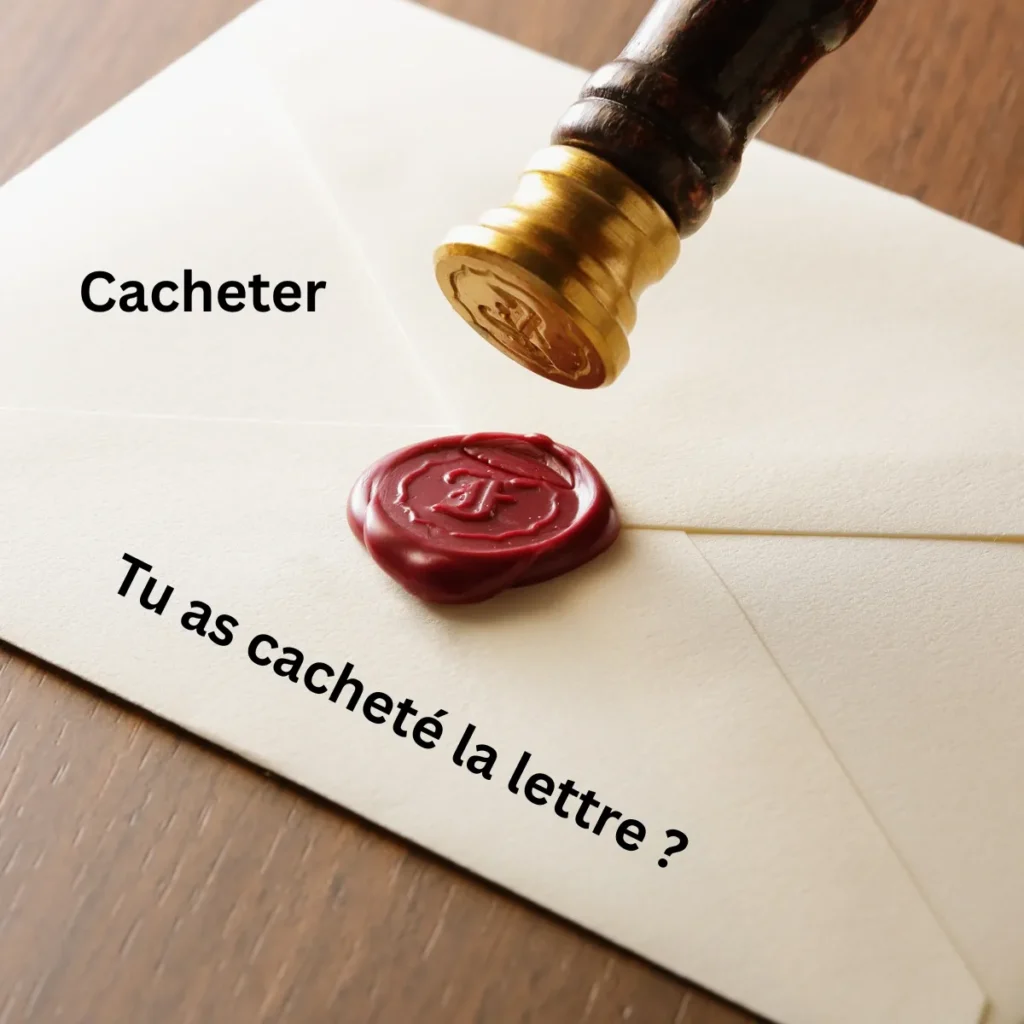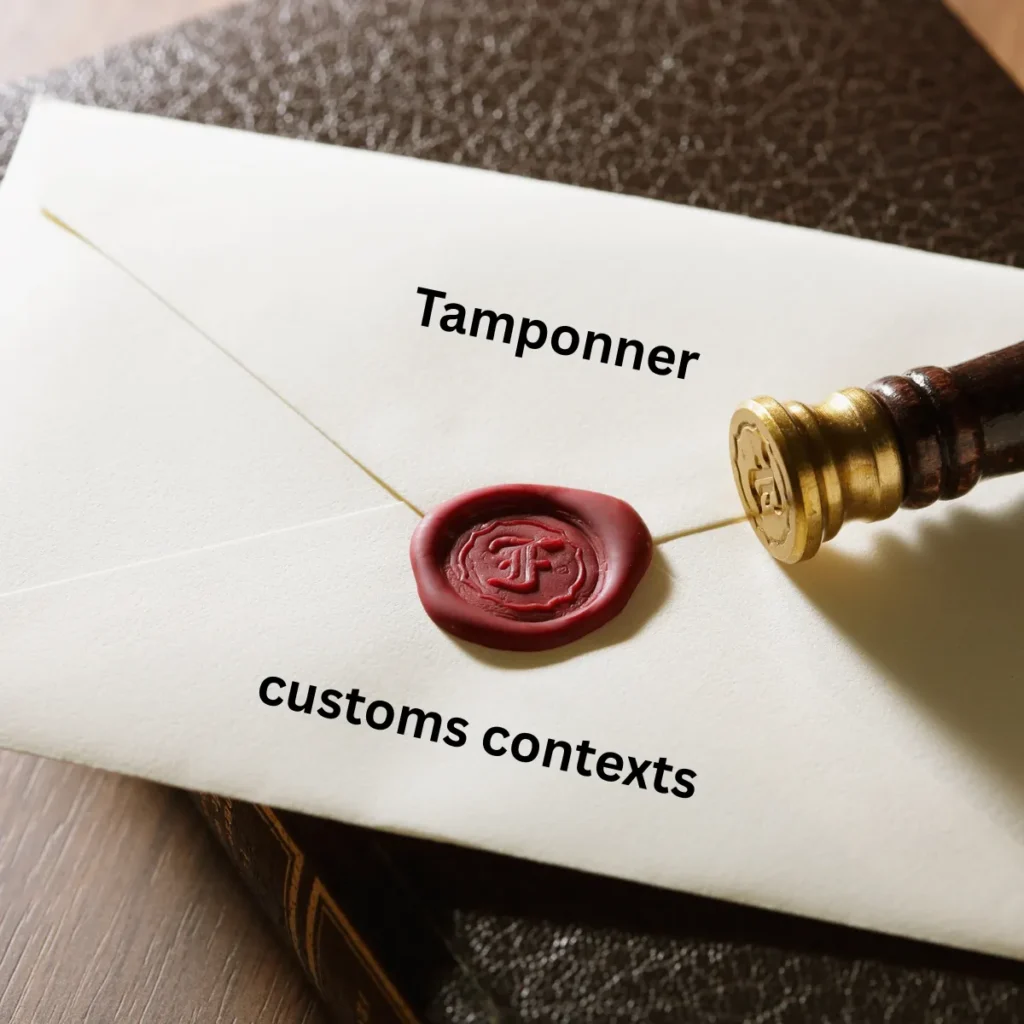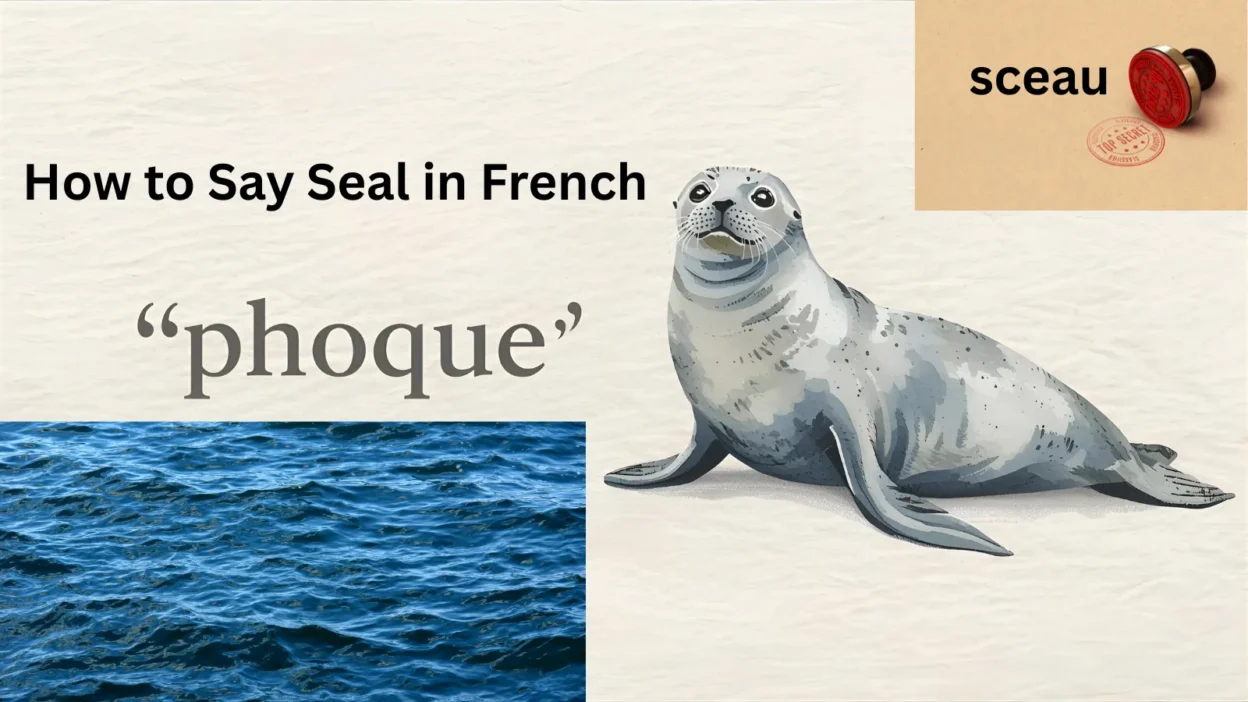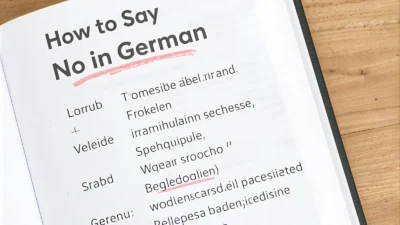How to Say Seal in French is a useful phrase to know because the word can mean both the animal and the official stamp.
In French, the animal “seal” is called phoque, while an official seal or stamp is called sceau. Understanding the difference will help you avoid confusion and use the correct word in any situation.
You might also come across cachet, which can mean a seal, stamp, or even a mark of authenticity. Learning these variations will make your French more precise and natural.
Say Seal in French
15 Ways to Say or Use Seal in French
| No. | French Phrase | Pronunciation | Meaning / Usage |
|---|---|---|---|
| 1 | Phoque | fok | Seal (the animal) |
| 2 | Un phoque | uh fok | A seal (animal) |
| 3 | Les phoques | lay fok | The seals (plural, animals) |
| 4 | Le phoque gris | luh fok gree | The grey seal |
| 5 | Le phoque moine | luh fok mwan | The monk seal |
| 6 | Le phoque commun | luh fok koh-MUN | The common seal |
| 7 | Le sceau | luh so | An official seal, stamp |
| 8 | Un sceau officiel | uh so oh-fee-SEE-el | An official seal |
| 9 | Le grand sceau | luh grahn so | The great seal (formal/government use) |
| 10 | Le sceau royal | luh so rwah-YAL | The royal seal |
| 11 | Le cachet | luh ka-SHEH | Seal, stamp, or mark of authenticity |
| 12 | Cachet officiel | ka-SHEH oh-fee-SEE-el | Official stamp or seal |
| 13 | Briser le sceau | bree-ZAY luh so | To break the seal |
| 14 | Apposer un sceau | ah-po-ZAY uh so | To affix a seal |
| 15 | Sous sceau | soo so | Under seal, confidential |
1. Le phoque (The seal – animal)

Origin:
“Phoque” comes from Latin phoca, meaning seal. It refers to the aquatic mammal and is used across all French-speaking regions.
Example:
👤 User A: Tu as vu le phoque au zoo ?
👤 User B: Oui, il faisait des tours incroyables !
Use: For the marine animal (seal). Be careful with pronunciation—it sounds like “fok” in French.
2. Un sceau (A seal – stamp or emblem)
Origin:
Derived from Old French seel, this word refers to an official stamp, such as one from royalty, a notary, or a government.
Example:
👤 User A: Ce document porte un sceau officiel ?
👤 User B: Oui, celui du ministère.
Use: Used in legal or official contexts.
3. Sceller (To seal – as a verb)
Origin:
From Latin sigillare, meaning to seal with a stamp or lock. In French, it’s used metaphorically and literally.
Example:
👤 User A: Tu peux sceller la boîte avec du ruban adhésif ?
👤 User B: Bien sûr, attends une seconde.
Use: Verb meaning to close or lock something permanently.
4. Cacheter (To seal an envelope)

Origin:
From cachet (stamp), this verb specifically means sealing letters or envelopes.
Example:
👤 User A: Tu as cacheté la lettre ?
👤 User B: Oui, elle est prête à poster.
Use: Used with envelopes or small official documents.
5. Le cachet (Stamp/seal)
Origin:
“Cachet” can mean a stamp, emblem, or even the pill/tablet form in medical French. In context, it’s often used for postal or aesthetic stamps.
Example:
👤 User A: J’adore le cachet sur cette lettre !
👤 User B: C’est un ancien tampon de 1902.
Use: Can also mean prestige or charm in metaphorical sense.
6. Fermer hermétiquement (To seal tightly)
Origin:
Used mostly in technical or scientific contexts, this phrase means airtight sealing.
Example:
👤 User A: Il faut fermer hermétiquement ce récipient ?
👤 User B: Oui, sinon ça fuira.
Use: Food, packaging, and chemistry contexts.
7. Sceller un accord (Seal a deal)
Origin:
Common expression in business French. Used metaphorically.
Example:
👤 User A: On a scellé l’accord ce matin.
👤 User B: Félicitations ! Champagne ce soir ?
Use: Business deals, legal agreements.
8. Tamponner (To stamp/seal something)

Origin:
Derived from tampon, meaning rubber stamp. The verb means to press/seal with a stamp.
Example:
👤 User A: Vous devez tamponner le formulaire ici.
👤 User B: Très bien, je le fais maintenant.
Use: Bureaucratic or customs contexts.
9. Le tampon (Stamp or pad)
Origin:
From the word tampon meaning a tool used to seal papers.
Example:
👤 User A: Il faut le tampon de l’administration ici.
👤 User B: Je l’ai, le voici.
Use: Official or medical environments.
10. Apposer un sceau (Affix a seal)
Origin:
A formal way to say “to put a seal”—used in old-fashioned, legal, or ceremonial French.
Example:
👤 User A: Le roi a apposé son sceau sur le décret.
👤 User B: Cela le rend officiel !
Use: Historical, legal, ceremonial usage.
11. Le joint (Seal/gasket in mechanics)
Origin:
Borrowed from Latin “jungere” (to join). Refers to rubber seals in engines or machines.
Example:
👤 User A: Le joint de la machine est cassé.
👤 User B: On doit le remplacer tout de suite.
Use: Industrial, mechanical use.
12. La bague d’étanchéité (Sealing ring)
Origin:
Technical term used in plumbing and mechanics. “Étanchéité” = waterproofness.
Example:
👤 User A: Cette bague d’étanchéité est essentielle.
👤 User B: Oui, sans elle, ça fuit.
Use: Mechanical and plumbing systems.
13. Sceller son destin (Seal one’s fate)
Origin:
A poetic metaphor meaning something is inevitable now.
Example:
👤 User A: En trichant, il a scellé son destin.
👤 User B: C’est triste, mais vrai.
Use: Literature, dramatic narratives.
14. Le sceau du secret (Seal of secrecy)
Origin:
Common phrase meaning something confidential or secret.
Example:
👤 User A: Cette info est sous le sceau du secret.
👤 User B: Compte sur moi, je ne dirai rien.
Use: Confidentiality agreements, intelligence, politics.
15. Le phoque moine (Monk seal)

Origin:
A rare type of Mediterranean seal, used in environmental discussions.
Example:
👤 User A: Le phoque moine est en voie de disparition.
👤 User B: Oui, il faut le protéger !
Use: Environmental, scientific contexts.
FAQs
1. What is the word for “seal” in French?
The French word for “seal” (the animal) is “phoque.”
2. How do you pronounce “phoque”?
It’s pronounced like “fok” — with a soft “ph” sound like the English “f.”
3. Does “phoque” mean anything else in French?
No, “phoque” only means the animal “seal.” However, its pronunciation can sound funny to English speakers!
4. How do you say “a seal” in French?
You say “un phoque” (a seal).
5. How do you say “the seal” in French?
You say “le phoque.”
6. What is the plural of “phoque”?
The plural is “les phoques,” which means “the seals.”
7. How do you say “seal pup” in French?
A baby seal is called “un petit phoque.”
8. Is there a different French word for “seal” as in a stamp or mark?
Yes! When referring to an official seal or stamp, the word is “sceau.”
9. How do you say “to seal” (as a verb) in French?
The verb “to seal” is “sceller.” Example: Sceller une enveloppe (to seal an envelope).
10. Is “phoque” masculine or feminine in French?
It’s a masculine noun — so you say “le phoque.”
Conclusion:
Learning how to say Seal in French requires knowing the right word for the right context. Use phoque when talking about the animal, and sceau or cachet when referring to an official stamp or emblem. By mastering these variations, you’ll avoid misunderstandings and sound more accurate and confident in your French conversations.



